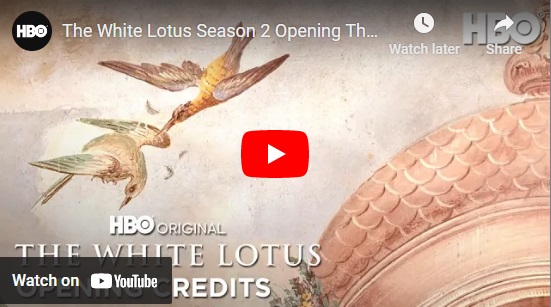Screen composer and SOCAN member Cristobal Tapia de Veer may have become one of the most sought-after composers in the world – thanks in part to his outstanding work on the HBO series White Lotus and the hit film Smile – but he’s still taking the time to share his expertise and creative secrets with the participants of Les grandes rencontres SPACQ, an event to be held Feb. 23, 2023 from 1:00 to 2:00 p.m. ET. The Société professionnelle des auteurs et des compositeurs du Québec (SPACQ) has invited the multiple award winner – including two Emmys in 2022 for White Lotus, SOCAN’s International Award in 2017, and Screen Composer of the Year at the 2021 SOCAN Gala – to speak to its members during the conference.
Hosted by composers Anaïs Larocque and Éric Shaw, this intimate one-hour conference will cover the artist’s career path, tools, and inspirations, among other themes.
“The first time I came into contact with Cristobal’s music was with Série Noire,” says Shaw. “After the first notes of the soundtrack, I picked up my phone and searched who composed the music because I was amazed by it. Then, during Season 1 of Dirk Gently, I looked up the composer’s name again and realized it was the same one! I started feeling a bit nervous. And then, after hearing the theme for White Lotus, I’m considering quitting the trade. Cristobal inspires creativity, originality, and spontaneity in me and it’s an honour for me to meet him.”
Anaïs Larocque says, “Cristobal Tapia de Veer is a fine example of a contemporary composer whose authenticity shines through from the first notes of the music he composes. To me, he’s a refreshing voice in the fascinating landscape of screen music.”
Definitely a not-to-be-missed Masterclass! Reserved only for members of SPACQ. Mandatory registration on Zoom.
